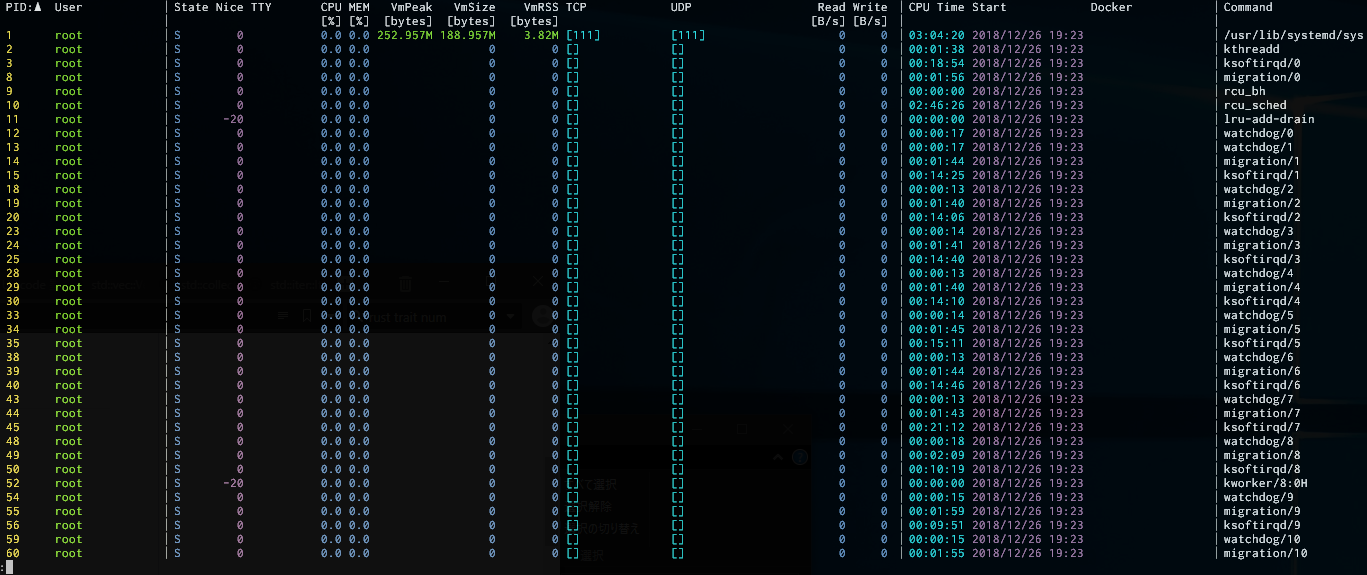rbroadlink
A rust port of the python-broadlink library.
Devices Tested
The following devices have been tested and found to work with this library:
| Model Code | Device Name | Manufacturer | Type |
|---|---|---|---|
| 0x649B | RM4 Pro | Broadlink | Remote |
Setup
Before a device can be used, it must be connected to a network. Refer to this link on how to get the device into AP mode, connect to its network (e.g. Broadlink_Device_Wifi), and then run the following code:
use rbroadlink::Device;
use rbroadlink::network::WirelessConnection;
// Construct the network information
let network_info = WirelessConnection::WPA2(
"SSID Here",
"Password here",
);
// Connect the device to the specified network
Device::connect_to_network(&network_info)
.expect("Could not connect the device to the network!");
You can also use the included cli to do so:
# Pass the password directly
cargo run --example rbroadlink-cli -- connect wpa2 "SSID Here" "Password here"
# Prompt for the password safely
cargo run --example rbroadlink-cli -- connect -p wpa2 "SSID Here"
Usage
Devices can either be constructed from a known IP or by local discovery:
use std::net::Ipv4Addr;
use rbroadlink::Device;
// Create a device by IP
// Note: Devices only support Ipv4 addresses
let known_ip = Ipv4Addr::new(1, 2, 3, 4);
let device = Device::from_ip(known_ip, None)
.expect("Could not connect to device!");
// You can also specify the local IP of the machine in the case of the device being
// on a different subnet.
let local_ip = Ipv4::new(9, 8, 7, 6);
let device_with_local_ip = Device::from_ip(known_ip, Some(local_ip))
.expect("Could not connect to device!");
// You can also just enumerate all of the discovered devices, with an optional
// local ip as well.
let devices = Device::list(Some(local_ip))
.expect("Could not enumerate devices!");
Once you have a valid device, you probably want to differentiate the kind of device that you have. Device is a structured enum that contains different types of devices with more specialized methods.
use rbroadlink::Device;
// Assuming that you have a valid device in `device`...
let remote_device = match device {
Device::Remote { remote } => remote,
_ => return Err("Not a remote!"),
};
// Use a remote-specific method to echo a learned IR code.
let code = remote_device.learn_ir()
.expect("Could not learn IR code!");
remote_device.send_code(&code)
.expect("Could not send code!");
Examples
There are a few examples of this library present in the examples folder. Refer to the examples folder README for more info.




